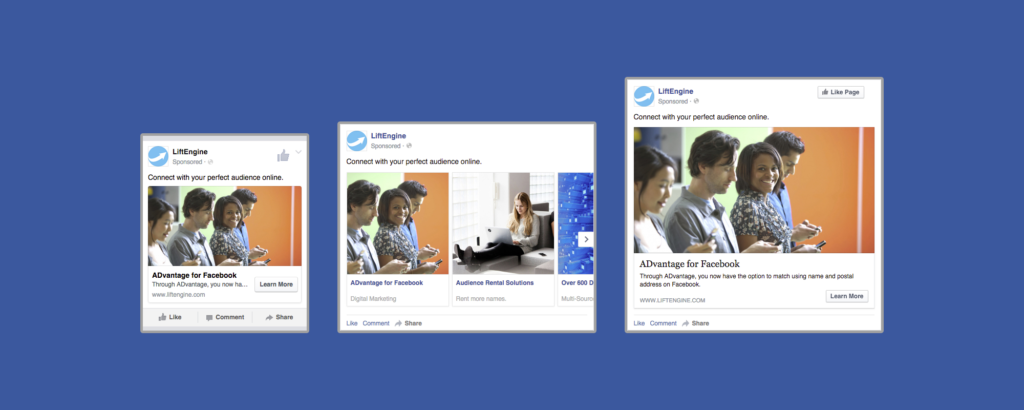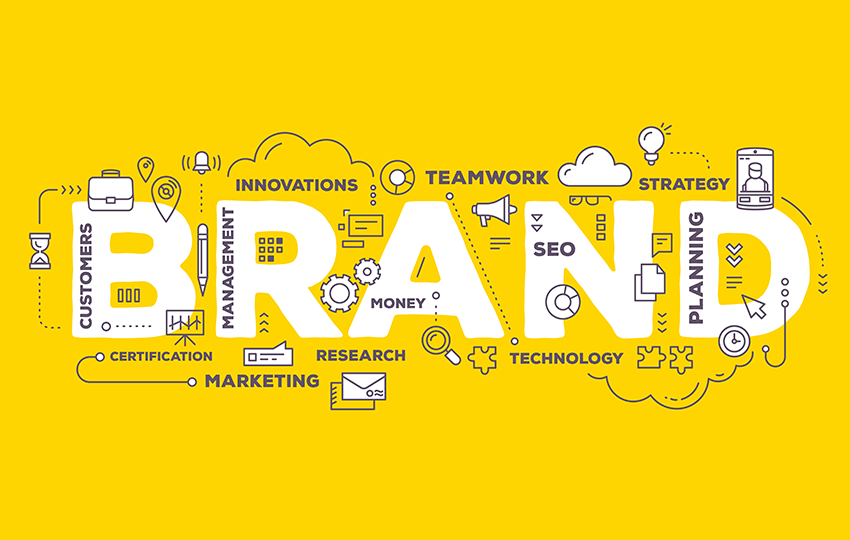
Running online advertisements has become the go-to marketing strategy for businesses today. However, the debate between Facebook Ads and Google Ads remains a hotly contested issue. While both platforms offer valuable ways to reach potential customers, there are some advantages and limitations to each. In this article, we’ll explore the pros and cons of google facebook ads.
1. Targeting
Facebook Ads offer the most targeted advertising options compared to Google Ads. With Facebook Ads, you choose the audience you want to reach based on demographic, interests, behaviors, and locations. This makes it perfect for businesses that have a specific target market.
On the other hand, Google Ads target audiences based on keywords related to their products or services. This method, known as search engine marketing (SEM), is a great way to reach customers who are already in the market for similar products or services.
2. Costs
Facebook Ads are more affordable for small businesses than Google Ads. With Facebook, you can run a single ad for as low as $1 per day, and you can choose your budget per campaign. Google Ads generally tend to be more expensive since advertising costs depend on the level of competition for the chosen keywords.
3. Ad Formats
Facebook Ads offer various ad formats such as carousel ads, video ads, slideshow ads, and more. Businesses can easily switch between ad formats to find the best option for their target market.
Google Ads, on the other hand, offer limited ad formats, such as text or image ads. Although the limited ad formats can restrict creativity for marketers, businesses benefit by using more straightforward messaging, which can increase click-through rates.
4. Intent
Google Ads cater to users who are already searching for a specific product or service. For example, if a person types “buy shoes online” in the Google search box, they are showing an intent to purchase, and thus, an ad with similar keywords can be served.
Facebook Ads, on the other hand, target people who are not necessarily in the market for a particular product. Instead, Facebook Ads can target people based on interests, demographics, or behaviors that match those of their potential customers.
Choosing between Facebook Ads and Google Ads can seem overwhelming. However, each of these platforms has its unique strengths and limitations, and choosing the right one depends on your business goals, budget, and target market. If you want to reach a specific target audience on a tight budget, Facebook Ads may be the best option. Conversely, if you want to reach customers who already have purchasing intent, Google ads may yield better results. In summary, marketers should consider unlimited product options, audience type, ad format, the intention of the ad and more factors before deciding to use the platform.

